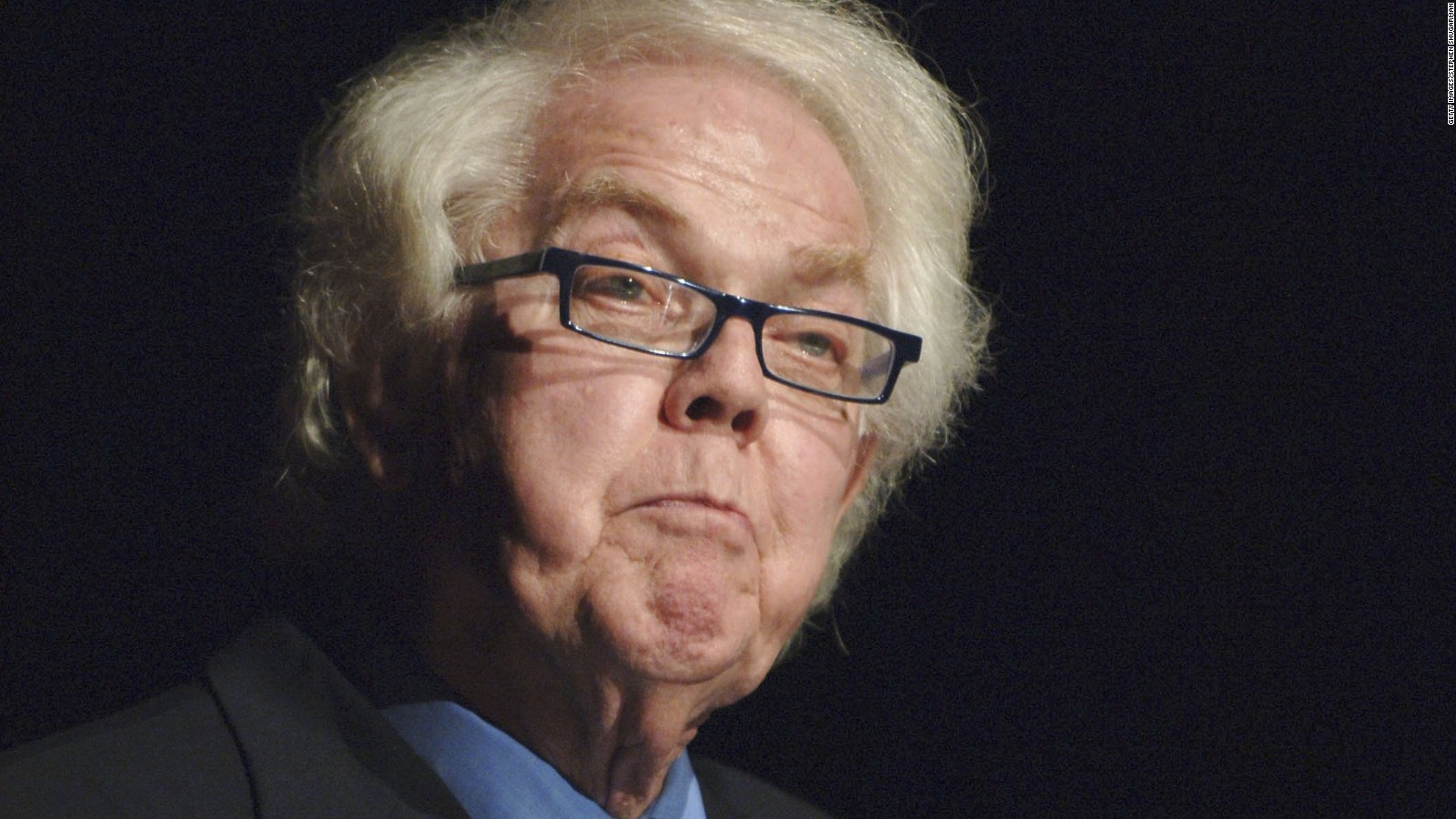Stan Freberg, acclaimed satirist, dies at 88

Stan Freberg appears at a gala event in 2006.
Stan Freberg, whose freewheeling comic career in advertising garnered him worldwide acclaim and whose satirical entertainments abounded on TV, the radio and on records, has died. He was 88.
Freberg died of natural causes at a Santa Monica hospital, his son and daughter, Donavan and Donna Freberg, confirmed to The Hollywood Reporter.
"He was and will always be my hero, and I will carry his brilliant legacy forward as best I am able," his son wrote on Facebook.
The godfather of humorous and irreverent commercials, Freberg lampooned cultural institutions and described himself as a "guerilla satirist." The New York Times dubbed him the "Che Guevara of advertising," and years later, "Weird Al" Yankovic called him a major influence on his career.
"Very sad to say that one of my absolute all-time heroes has just passed away," Yankovic wrote on Twitter. "RIP Stan Freberg. A legend, an inspiration, and a friend."
Freberg also was known for his musical parodies. "Wun'erful Wun'erful," his 1957 spoof of "champagne music" — on which he collaborated with orchestra leader Billy May — lampooned "The Lawrence Welk Show."
He also parodied Johnnie Ray's hit "Cry," which Freberg rendered as "Try." (Ray was quite angry until he realized Freberg was fueling sales of his record.)
The Los Angeles native had hit records of his own, including "St. George and the Dragonet," a 1953 send-up of the series "Dragnet." His recordings were so popular that he landed his own radio program in 1954, "That's Rich." Three years later, he presented "The Stan Freberg Show" on CBS Radio, where he regularly mocked commercials by advertising bogus products.
He won a Grammy Award in 1959 for best performance, documentary or spoken word for "The Best of the Stan Freberg Shows."
Earlier in the 1950s, Freberg helped create and write the Emmy Award-winning comedy "Time for Beany," also working with puppets and performing on the show. Its droll, off-the-wall humor appealed to fans including Albert Einstein. During Beany's early gestation, he and the other writers had no office, so they wrote in coffee shops at night as well as in an "office" in a condemned building.
Not surprisingly, Freberg ruffled institutional feathers. Capitol Records balked at releasing his satires of radio-TV personality Arthur Godfrey and Ed Sullivan's variety show "Toast of the Town."
Freberg disdained the hard sell. He created such classic comic ad capers as "Nine out of 10 doctors recommend Chun King Chow Mein," and his Jeno's Frozen Pizza campaign featured the Lone Ranger and Tonto. He skewered the greed of the ad business in "Green Chri$tma$, which criticized the over-commercialization of the holiday.
In 1958, Freberg opened his own ad agency, Freberg Ltd. His slogan was "More Honesty Than the Client Had in Mind," and he even had a corporate motto: "Ars Gratia Pecuniae" (Art of the Sake of Money).
Freberg, whose inspirations were Jack Benny, Fred Allen and Norman Corwin, worked in cartoons for decades, starting in the 1940s. He provided the voice for Junyer Bear in the 1948 Chuck Jones Looney Tunes cartoon "What's Brewin', Bruin," and he famously played the three pigs, the wolf and the singing narrator in another Looney Tunes classic, 1957's "Three Little Bops." He teamed often at Warner Bros. with the great Mel Blanc.
Freberg also was the voice of Beaver in Disney's "Lady and the Tramp" (1955). For the feature Looney Tunes, "Back in Action" (2003), he was heard as a baby bear.
Survivors also include his wife, Hunter, and a granddaughter.
No comments:
Post a Comment